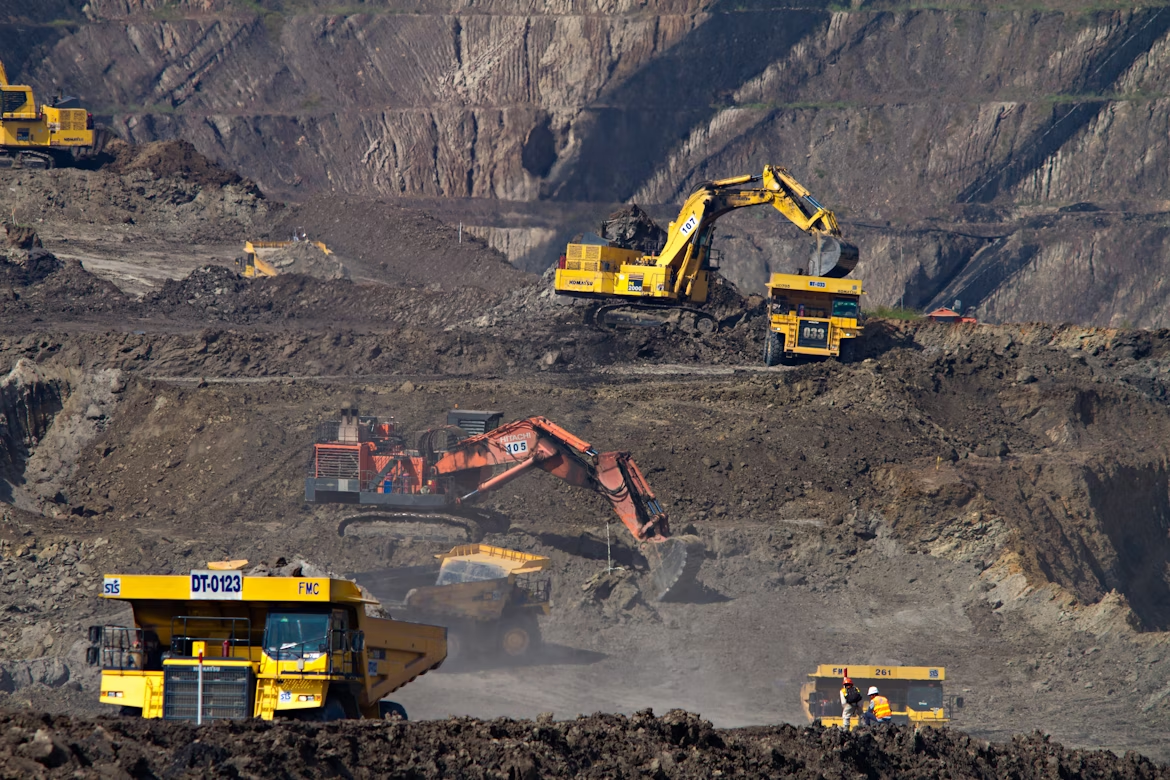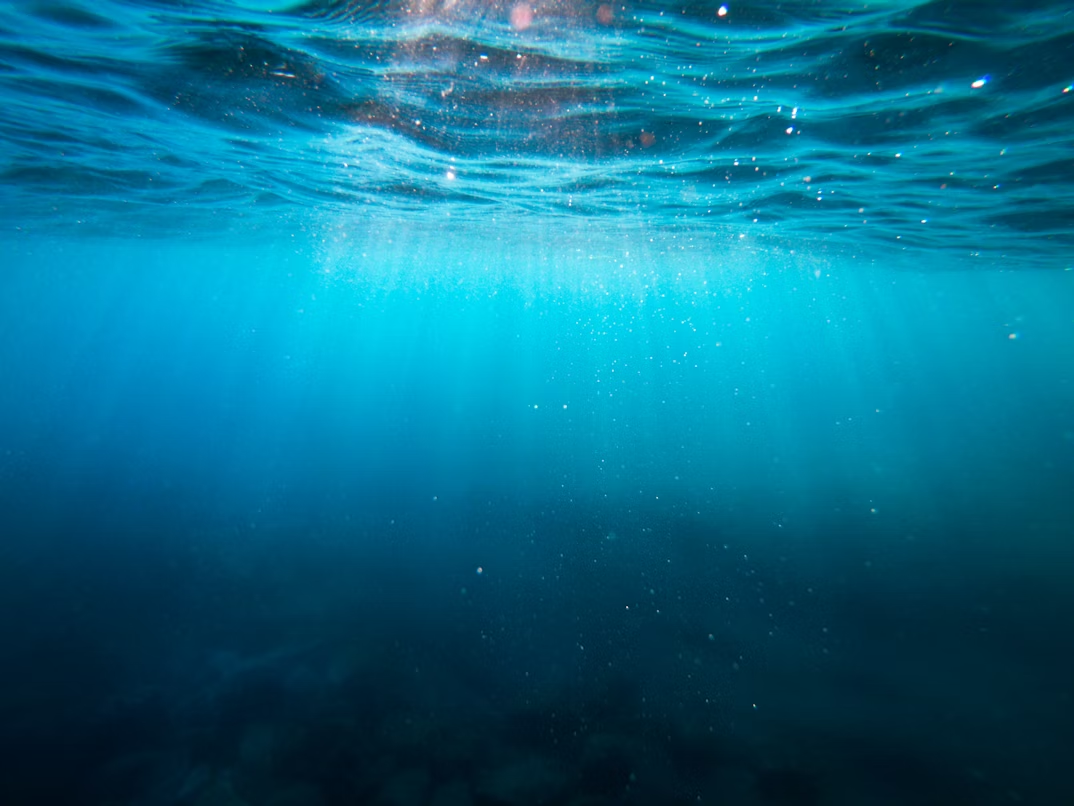The United States of America (the “US”) appears to be determined to stop the construction of the Nord Stream 2 and TurkStream gas pipeline projects (the “Projects”).
Consistent with its position across multiple administrations, the US enacted the Protecting Europe’s Energy Security Act of 2019 (“PEESA”) on 20 December 2019, as part of the 2020 National Defence Authorization Act. PEESA requires relevant parties to ensure that vessels involved in the Projects “immediately cease construction-related activit[ies]” in a “good-faith wind-down”. Parties that the US determines have knowingly ignored this obligation will suffer US sanctions, including blocking of property and visa restrictions. On 27 December 2019, the US issued a Fact Sheet addressing PEESA’s objectives and explaining the US’s opposition to the Projects.
Against this backdrop, international companies involved in the Projects may face uncertainty and serious disruption in their operations. It is therefore crucial for these companies to be fully aware of both the risks they face and their rights under international law.
PEESA’s sanctions and their implementation
PEESA targets foreign persons that have: (i) sold, leased or provided vessels engaged in pipe-laying at depths of 100 feet or more below sea level for the construction of the Projects; or (ii) facilitated deceptive or structured transactions to provide those vessels for the construction of the Projects. By 18 February 2020, and every 90 days thereafter, the US will produce a report identifying foreign persons that are in breach of PEESA. The US President is authorised to block property and prohibit transactions with these foreign persons if their assets: (i) are in the US; (ii) come within the US; or (iii) are or come within the possession or control of a US person. PEESA also imposes visa restrictions on the corporate officers and principal shareholders with controlling interests in such foreign persons. These individuals will not be admitted to the US and their visas will be immediately revoked.
It is important to note that PEESA Section (d) contemplates a wind-down period. According to this Section, persons that engage in good faith efforts to wind-down targeted operations in the Projects by 19 January 2020 will not be subject to the sanctions.
The authority to impose sanctions under PEESA will terminate on the earlier of the following dates: (i) five years of its enactment; or (ii) when the US President certifies that appropriate safeguards have been put in place to minimise Russia’s ability to use the Projects “as a tool of coercion and political leverage” and ensure that the Projects do not result in more than a 25 percent decrease “in the volume of Russian energy exports transiting through existing pipelines in other countries, particularly Ukraine”.
Nord Stream 2, TurkStream and tensions surrounding these Projects
The Nord Stream 2 project consists of twin undersea gas pipelines running parallel to the already existing Nord Stream 1 pipeline, which has operated since 2011-2012. The purpose of Nord Stream 2, like that of Nord Stream 1, is to enable Russian gas to be piped to the European Union (“EU”) without the need for transit via Ukraine or any other country. Nord Stream 2 AG, a Swiss-registered company, is in charge of developing this project. Its sole shareholder is the Russian State-owned company, Gazprom. In addition to Gazprom, the European companies ENGIE, OMV, Shell, Uniper and Wintershall have invested in the project, providing financing for 50 percent of its total cost.
The TurkStream project consists of two 930km parallel pipelines that cross the Black Sea, connecting Gazprom’s Russkaya compressor station with Turkey. The first pipeline string is intended for Turkish consumption. The second string will supply gas to south and south-east Europe via Turkey. TurkStream is intended to replace the South Stream project that was cancelled in 2014. On 8 January 2020, the first string of TurkStream was officially inaugurated. The second string is expected to be completed in 2020.
Since their inception, the Projects have been viewed as politically sensitive and controversial.
Several EU Member States have expressed concerns about the Projects. They argue that the Projects will help maintain Europe’s significant reliance on imports of Russian natural gas and that this will expose Europe’s energy sector to increased political risk, including the risk of flow interruptions by Russia. It has also been argued that the Projects will significantly reduce Ukraine’s transit revenues and thereby increase its vulnerability to pressure from Russia. For these reasons, the EU amended its 2009 Gas Directive (the “2009 Directive”) with Directive (EU) 2019/692 (the “2019 Directive”) in April 2019. The 2019 Directive effectively expanded the 2009 Directive’s scope to also cover gas pipelines between the EU and non-EU countries. As a consequence, these pipelines became subject to the EU’s competition rules, which include provisions on unbundling, third-party access and tariff regulation. Cross-border pipelines completed before 23 May 2019 could at the discretion of the relevant Member State be partly excepted from the 2019 Directive. Still incomplete, Nord Stream 2 and TurkStream were ineligible for an exception. Nord Stream 2 AG challenged this distinction by commencing an action on 25 July 2019, seeking to annul the 2019 Directive, before the General Court of the EU.
On 26 September 2019, Nord Stream 2 AG also instituted investor-State arbitration proceedings against the EU pursuant to the Energy Charter Treaty (“ECT”). Nord Stream 2 AG argues that the imposition on its almost-completed project of the new and onerous rules of the 2019 Directive without the possibility of derogation is discriminatory and in breach of the EU’s obligation under the ECT to guarantee fair and equitable treatment. The arbitration is being conducted under the UNCITRAL Arbitration Rules and the arbitral tribunal is still being constituted.
International reactions to PEESA
Despite having its own concerns about Nord Stream 2 and its own issues with Nord Stream 2 AG, the EU has expressly criticised PEESA. A EU spokesman stated that “as a matter of principle, the EU opposes the imposition of sanctions against EU companies conducting legitimate business”. Germany, one of the EU Member States that would benefit the most from the completion of the Projects, opposed the imposition of extraterritorial sanctions by the US but clarified that it is not considering retaliatory measures. However, German politicians called on Europe to adopt protective measures to shield EU companies against US sanctions. Proposed measures include the creation of separate financial infrastructures situated in countries such as China or Russia, which could potentially escape the reach of the US.
Similarly, Russia has strongly condemned the US sanctions, calling them “a direct violation of international law” and declaring that it would impose retaliatory sanctions, without revealing further details.
In the private sector, the chilling effects of PEESA’s sanctions are already being felt.
The companies facing the most significant risks from PEESA are the Projects’ pipe-laying contractors. These include: Allseas Group (Switzerland/Netherlands), Saipem (Italy) and MRTS (Russia). Allseas Group, the company responsible for over 95 percent of the necessary pipe-laying activities, announced suspension of these activities just one day after PEESA was enacted.
Given that construction of the Projects is well advanced, PEESA may cause further delays and increase their costs but it is more doubtful that it will halt the Projects altogether as intended by the US. According to statements by Russian Prime Minister Mr Dmitry Medvedev, the Projects will be finished despite PEESA’s sanctions, which will only produce minimal delays.
Conclusion
The recent US sanctions against entities involved in the construction of the Projects follow and intensify a long-term political controversy over the alleged gas supply dependency of Europe. The escalation of these problems through the enactment of PEESA exposes companies engaged in the Projects to heightened risk. The international community should follow closely the EU’s reaction to these sanctions – whether it will adopt measures shielding EU companies against them, how this is done and whether retaliatory sanctions are imposed.
For further information, please contact Graham Coop (Graham.Coop@volterrafietta.com) or info@volterrafietta.com.



